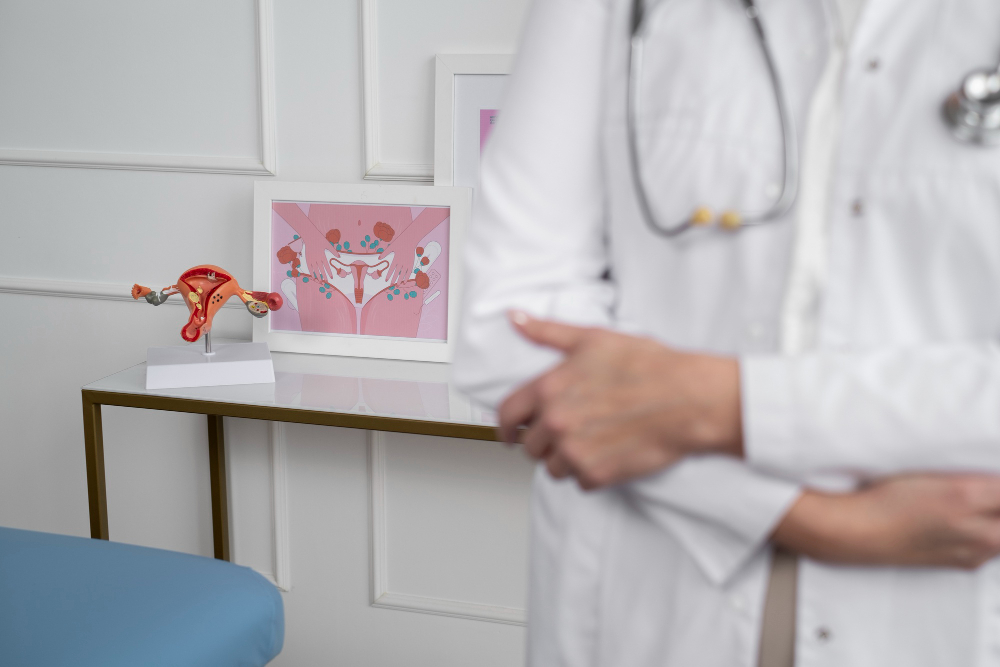
Urinary tract infections (UTIs) are a common health issue, affecting millions of people each year. They can cause discomfort and, if left untreated, may lead to more serious health complications. If you're in Philadelphia, PA, and find yourself in need of medical attention for a UTI, Vital Urgent Care is here to help. In this comprehensive guide, we will explore what causes UTIs, their symptoms, and the various treatment options available.
A urinary tract infection (UTI) occurs when bacteria enter the urinary tract, which includes the kidneys, bladder, ureters, and urethra. While UTIs can affect anyone, women are more susceptible due to their shorter urethras, which allow bacteria easier access to the bladder.
Understanding the causes of UTIs can help in both prevention and treatment. Here are some of the most common causes:
The most common cause of UTIs is bacteria, with Escherichia coli (E. coli) being responsible for approximately 90% of cases. These bacteria typically reside in the gut and can enter the urinary tract through the urethra.
Improper wiping after using the toilet can introduce bacteria into the urinary tract. It’s important to wipe from front to back to prevent bacterial transfer.
Sexual intercourse can increase the likelihood of bacteria entering the urethra, making sexually active individuals more prone to UTIs. Using protection and urinating after intercourse can help reduce risk.
Some forms of birth control, like diaphragms or spermicidal agents, can contribute to UTIs by altering the natural balance of bacteria in the vagina.
Conditions that block the flow of urine, such as kidney stones, can increase the risk of developing a UTI by creating a breeding ground for bacteria.
A weakened immune system, due to conditions like diabetes or the use of immunosuppressant drugs, can make it harder for the body to fend off infections.
Recognizing the symptoms of a UTI is crucial for early treatment. Common symptoms include:
If you experience any of these symptoms, especially if they are severe or persistent, seeking medical attention is important.
Early treatment of a UTI is essential to prevent complications. At Vital Urgent Care in Philadelphia, PA, we provide comprehensive care tailored to your needs.
Antibiotics are the most common treatment for UTIs. The type and duration of antibiotic treatment depend on the severity of the infection and the patient’s medical history. Common antibiotics include nitrofurantoin, trimethoprim/sulfamethoxazole, and fosfomycin.
Over-the-counter pain relievers like ibuprofen or acetaminophen can help alleviate the discomfort associated with UTIs. Drinking plenty of water can also help flush out the bacteria.
While antibiotics are essential, some home remedies may provide additional relief:
It’s important to complete the full course of antibiotics, even if symptoms improve, to ensure the infection is fully cleared. Follow-up care may be necessary for recurrent infections.
Prevention is the best strategy when it comes to UTIs. Here are several tips to reduce your risk:
At Vital Urgent Care, we understand that health issues can arise at the most inconvenient times. That’s why we offer convenient, high-quality care to address your urgent needs.
If you're experiencing symptoms of a UTI, don't wait. Contact Vital Urgent Care in Philadelphia, PA, today to request an appointment and receive the care you need.
Taking control of your health is crucial, and understanding UTIs is a step in the right direction. With the right information and timely medical attention, you can manage UTIs effectively and maintain your well-being.